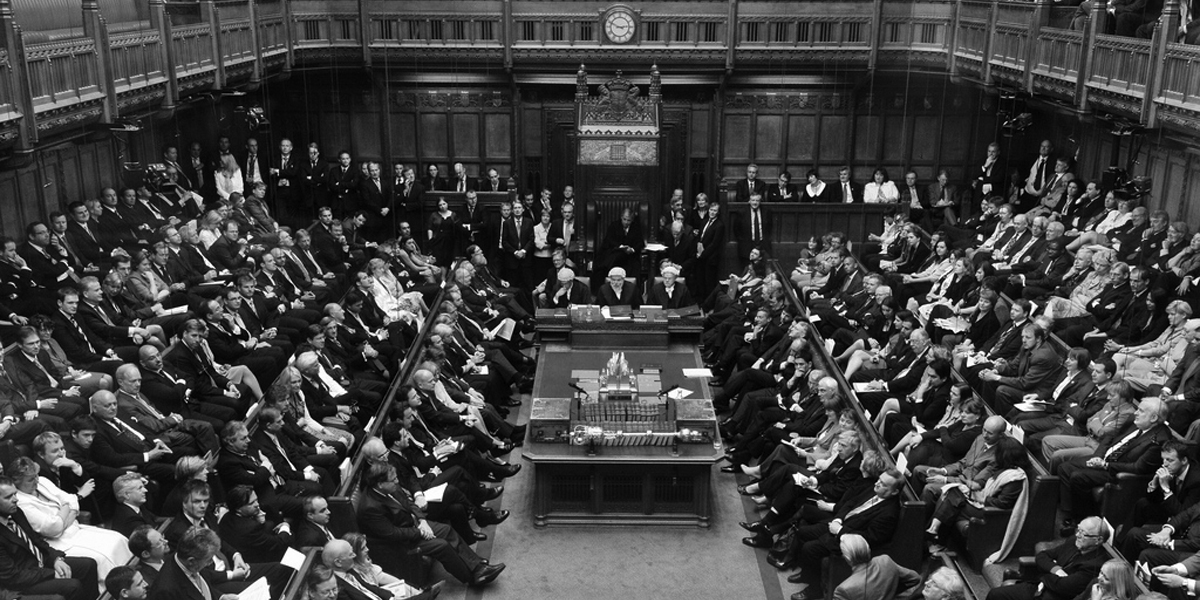Out of the trenches
I am not a pessimist, but scratch away at the patina of Olympic greatness and there is a nation stagnating. For at least the near future, the Great British public will have to endure soaring unemployment, shrinking public services and...
I am not a pessimist, but scratch away at the patina of Olympic greatness and there is a nation stagnating. For at least the near future, the Great British public will have to endure soaring unemployment, shrinking public services and plummeting real wages.
The politics of insecurity is nothing new. For the past thirty years, governments have had to manage Britain into a more globalised world, with more insecure terms of employment, identities faded in the face of increased immigration and more atomised communities. But rather than build lasting solutions, successive governments have instead opted for a grand bargain with the electorate where all the downsides of a more global world were more than met by increased consumer power and rising disposable incomes.
The financial crisis abruptly ended the bargain and, meanwhile, the political class has floundered. The failure to lift the country out of the doldrums is at the stem of collapsing interest in politics. What matters is what works, and we’re not working. There is no light at the end of this tunnel and those responsible for the crash remain unreformed, unpunished and unrepentant. Politicians appear to preside over a rigged society where those at the very top line their own pockets at the expense of everyone else.
At first glance, this should herald a prosperous era for the centre-left, whose self-declared project is to shift power, wealth and opportunity into the hands of the many. Indeed, Ed Miliband has skilfully (and bravely) carved out a message that voices the anger of the electorate with those at the top and he has done it with conviction, over phone hacking and LIBOR fixing.
Yet that anger is difficult to harness when so many of the public have lost faith with the entire political system as well as with the present government. Fewer than one in four believe that our current system of government is in any way effective and less than a third believe that involvement in politics will make a difference. We can no longer expect to stand on the soapbox in town centres or pitch up on cuddly breakfast TV and expect the audience to patiently listen to political posturing. We have to earn the right to be heard.
The danger is that we think we can get away without trying. In Westminster, the Labour party plots new ways to bring down the government and the dynamics of coalition politics make it a daily sport. In that vein we have shown some leg to the Liberal Democrats by denouncing some of the more illiberal policies of our time in government. We have teased out division in Conservative ranks by publicly flirting with the idea of an in/out EU referendum. We even found a technicality to stop us supporting Lords reform in order to strike discord at the heart of the coalition. This is the day-to-day life of politics in the trenches of the opposition and the parliamentary Labour party does it well – the abandoned boundary review being its latest scalp. We may win a few skirmishes in the inside pages of broadsheet newspapers but we will not win the confidence or the enthusiasm of the electorate.
History tells us we cannot win without it. Attlee witnessed the colossal destruction of war and promised to build a ‘new Jerusalem’ for peacetime. Wilson spied that Britain was on the cusp of modernity and spoke of the ’white heat of technological revolution’. Blair surveyed a country transformed after 18 years of Thatcherism and proclaimed that economic efficiency and a strong society could no longer be mutually exclusive. The old adage that oppositions do not win elections, governments lose them does not hold true for the left. Each successful Labour opposition captured the imagination of a public desperate for change and they won because they forged a purpose fit for its time. What is certain is that we cannot afford to go to the country with a manifesto that reads like a telephone book or a message as feeble as ‘we will cut enough to be credible but not so much as to appear cruel (where possible)’.
The public expects its oppositions to be strong, united and effective. It wants its representatives to understand and articulate their anger of the inaction of the past few years. That we have done and we have done it well. But they also yearn for a narrative that isn’t premised on managed decline – they want to hear a plan for national renewal. We are living through the most difficult years of my lifetime politically, socially and economically. We have to rise to the moment.
This article first appeared in the Autumn 2012 Fabian Review.
